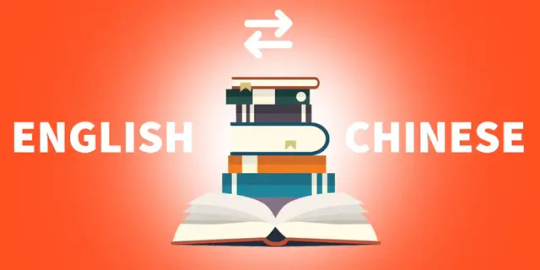Don't wanna be here? Send us removal request.
Text
Why "Good Enough" is Enough

Raise your hand if you’ve ever hesitated to speak a language because you were afraid of sounding "stupid." (I’ve been there too.) We’ve been brainwashed into thinking fluency is the only goal. Here's the truth nobody tells you: nobody actually cares about your mistakes as much as you do. Seriously. I can't count how many times I've said something completely wrong in English. This obsession with "perfect" language is holding so many of us back. Think about it: when someone speaks broken English to you, do you judge them? Or do you just appreciate that they're trying? Exactly. The same goes for when we try other languages. What's wild is that imperfect language actually works better for connecting with people. When you stumble through a conversation, you become more human to the other person. They see you making an effort, and that matters way more than flawless grammar. The magic happens in the messiness. Every time you:
Mispronounce a word but keep going
Mix up grammar but get your point across
Use gestures when words fail you You're proving that communication isn't about perfection. It's about showing up and being willing to look a little silly.
1 note
·
View note
Text
How Learning Languages Can Make You More Empathetic

One of the most underrated benefits of multilingualism? It doesn’t just teach you grammar—it teaches you how to listen. When you learn a language, you’re not just memorizing verbs; you’re absorbing the cultural values baked into every phrase.
Take Mandarin, for example. The way you address someone changes based on their age, status, and relationship to you (e.g., 姐姐 for older sister vs. 妹妹 for younger). This linguistic hierarchy reflects Confucian values of respect and family roles—values that might feel foreign to an English speaker used to a simple "you." But when you adapt to these differences, you’re doing more than just speaking correctly; you’re practicing empathy. It's a whole system for showing respect. Kinda like how in Hawai'i, you don't just say "auntie" to anyone - there's rules to that too.
This skill is especially crucial in Hawai’i, where so many cultures intersect. Pidgin, for instance, isn’t just "broken English"—it’s a linguistic handshake, a way to signal belonging. When you make the effort to understand it (or any other local language), you’re showing respect for the people who speak it.
Empathy isn’t just nice; it’s a survival skill in our globalized world. The next time you’re frustrated with a language barrier, remember: stumbling through a conversation isn’t failure. It’s the first step toward genuine connection.
0 notes
Text
How Speaking Mandarin Accidentally Made Me a Better Writer
So, full disclosure: I used to hate writing in English. Every essay felt like trying to fit my thoughts into a tiny, grammatically perfect box. Then I took Second Language Studies this semester (shout-out to my friend who recommended it!), and everything clicked.
We talked about how multilinguals often blend languages to express ideas they can’t in one alone. For me, that meant stealing metaphors from Mandarin. Like, in English, you’d say "I’m super busy," but in Chinese, we say "忙得团团转" (máng de tuán tuán zhuǎn)—literally, "so busy I’m spinning in circles." Way more vivid, right? Now I sneak those into my English papers whenever I can.
The coolest part? Studies show this kind of code-mixing actually boosts creative thinking. So next time someone side-eyes your Spanglish or whatever languages, just tell them you’re optimizing your brain.
Anyone else play with language blending? Share your favorite hybrid phrase!

0 notes
Text
Why Multilingualism is Hawai’i’s Best-Kept Secret"
How many of you took a language class in high school just to check a box? I get it—I did the same with Japanese. But after moving to Hawai’i and hearing, ʻŌlelo Hawaiʻi, and my own Mandarin mixing, I started wondering: why aren’t we treating multilingualism like the superpower it is?
Studies show that bilingual kids outperforming monolinguals on creative problem-solving tasks? It’s wild, but it makes sense. When you switch between languages, your brain has to rewire itself on the fly. Like, in Mandarin, you’d say "打开电视" (dǎkāi diànshì, "open the TV") instead of "turn on the TV." It’s not just vocabulary—it’s a whole different way of seeing the world.
Hawai’i’s got all the ingredients to be a language-learning paradise. So why are most schools still stuck in "English-only" mode? I’m not saying we all need to be fluent in five languages, but what if we at least normalized mixing Pidgin, Hawaiian, and other languages in class? Imagine how much richer discussions would be.

0 notes
Text
大家好
Hello, every one! My name is Tuan. Welcome to my blog.
1 note
·
View note